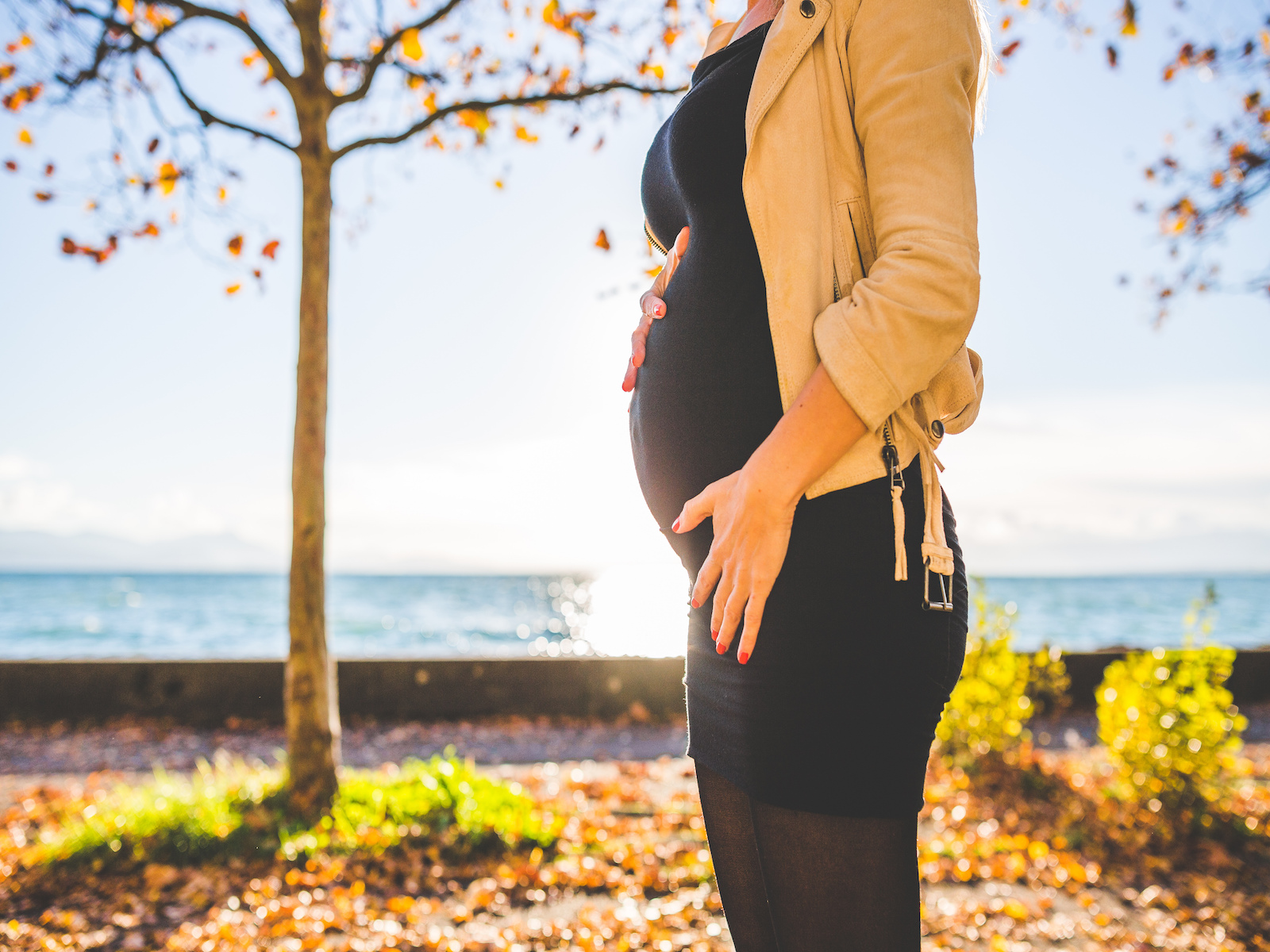- Study Says Most Parents Don’t Use Car Seats In Ride Share Vehicles Like Uber
- This 12-Year-Old Boy Is A Sophomore Aerospace Engineering Major!
- Fire Safety Experts Warn Of Hand Sanitizer Danger After A Mom and Kids Escape House Fire
- Recall Alert: Peaches May Be The Cause Of Salmonella Outbreak, 68 People Ill
- Summer Vacation In The Days Of COVID: Tips To Stay Safe
- How To Safely Grocery Shop During The Coronavirus Pandemic
- Michigan Teen With Vape-Related Illness Undergoes Double Lung Transplant
- Teen Kicks Off Anti-Vaping Campaign From Hospital Bed
- Teenager Receives Life Sentence For Strangling Sister To Death Over A Wi-Fi Password
- Toddler Falls To Death From 11th Deck of Cruise Ship
Did you know? The Season You Give Birth In Impacts On Whether You’ll Suffer From Postpartum Depression


- The findings of the study were announced at the American Society of Anesthesiologists 2017 Anesthesiology annual meeting.
- Women who give birth in winter or spring are less likely to get postpartum depression than those who have babies in the summer or fall
New research indicates that women who give birth in winter or spring are less likely to get postpartum depression (PPD), than those who have babies in the summer or fall.
Lead study author Dr. Jie Zhou of Brigham and Women’s Hospital in Boston in a statement.
“We wanted to find out whether there are certain factors influencing the risk of developing postpartum depression that may be avoided to improve women’s health both physically and mentally,”
PPD is a condition caused by a combination of hormonal changes, psychological adjustments to becoming a Mom as well as fatigue. The symptoms include things like, restlessness, anxiety, sadness, sleeping problems, and decreased concentration.
If PDD is left untreated, it can be distressing for everyone involved and can affect how well a Mom bonds with her baby.
Another interesting stat: As many as 1 in 10 new dads get depression too.
Researchers in the study reviewed the medical records of more than 20,000 women who had babies from June 2015 through August 2017.
Just over 4 percent of them suffered from PPD.
The findings of the study were announced at the American Society of Anesthesiologists 2017 Anesthesiology annual meeting.
It is not certain why women giving birth in the winter and spring months are less likely to get PPD, but there are a number of possibilities. For example, women with new babies tend to have to stay inside. In winter this is not much of an issue. But come summer, when people are wanting to be out and about, it can leave a Mom feeling trapped and isolated from their friends.
It may also be related to vitamin D – which comes from sunlight – being depleted over winter so it is lacking by summer and fall. Low vitamin D levels are known to been linked to PPD in a number of previous studies.
The researchers, however, found that it wasn’t just timing that affected a woman’s risk of PPD. They also found that heavier women, with higher BMI, were more prone. This may be related to higher risk of complications and more follow up medical checks after birth.
Interestingly, women who didn’t have pain relief during birth were more also likely to suffer from PPD, although this might just be an effect of the trauma of experiencing such pain.
In the study, Caucasian women were found to be less likely to get PPD than women of other races, but this “may be due to differences in socioeconomic status among these ethnicities,” noted Zhou.
Higher gestational age was also found to actually decrease the likelihood of depression – essentially the further along in the pregnancy you give birth, the better.
“It is expected that the mother will do better and be less mentally stressed when delivering a mature, healthy baby,” explained Zhou.
Can you relate to any of these findings?






0 comments